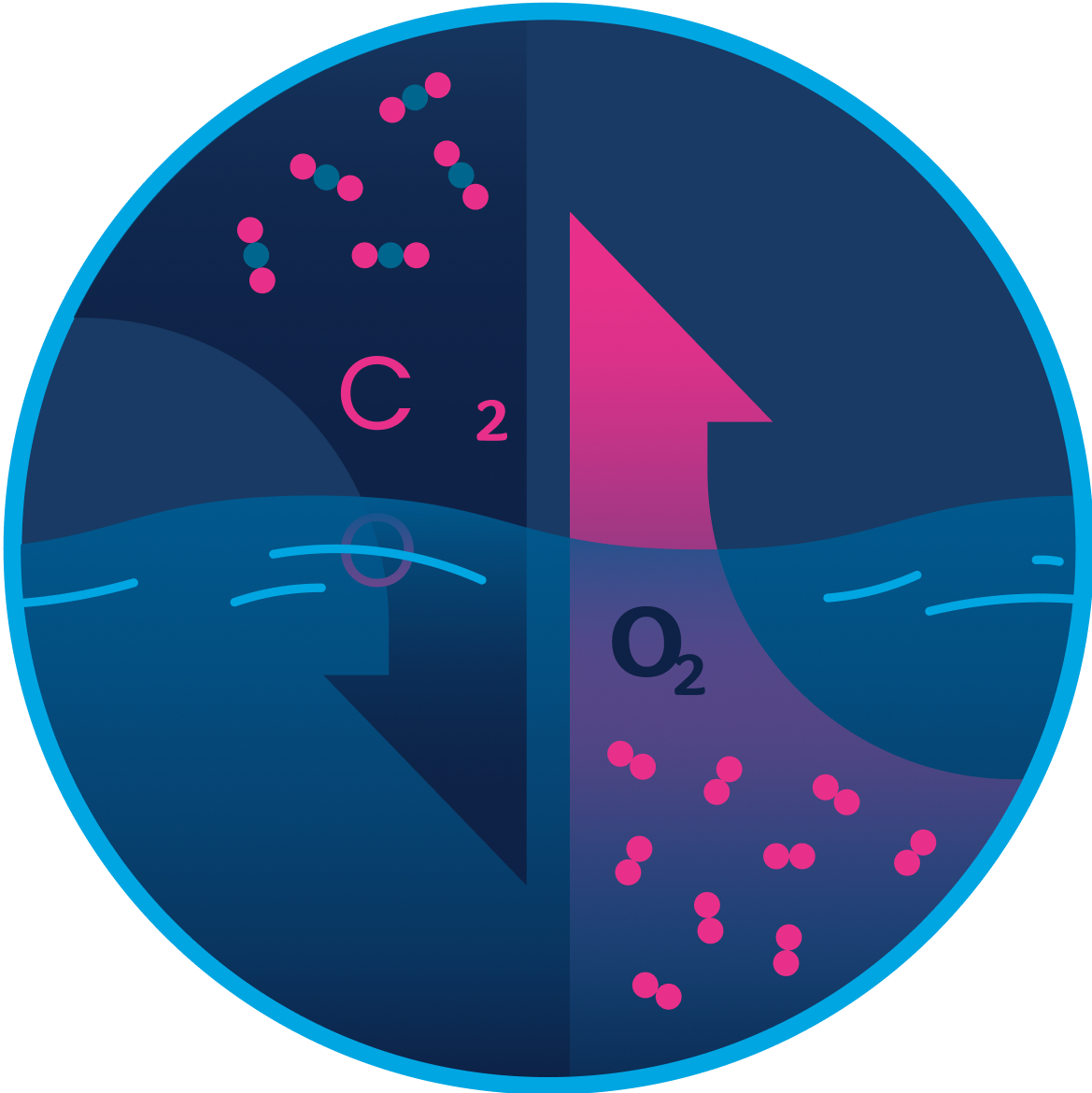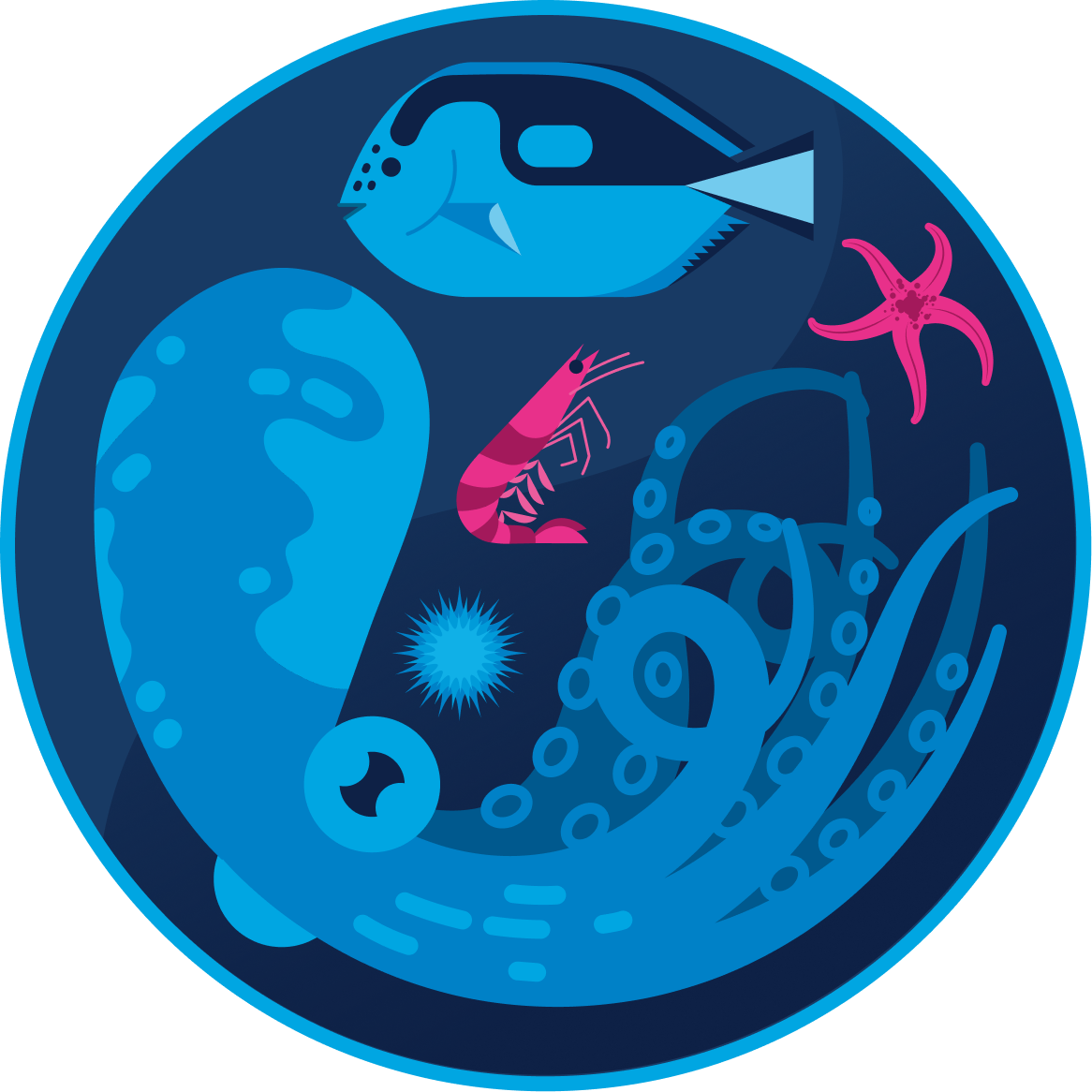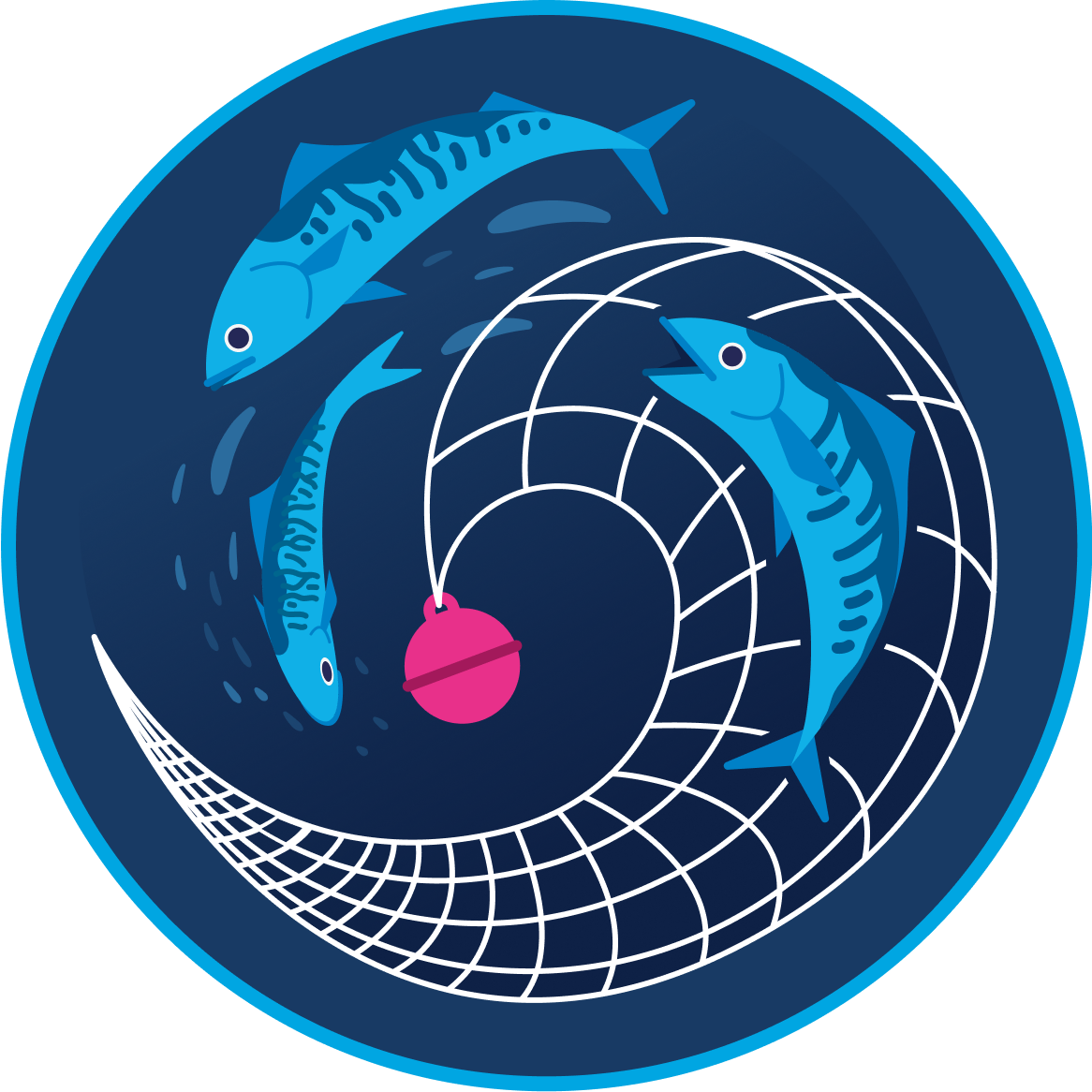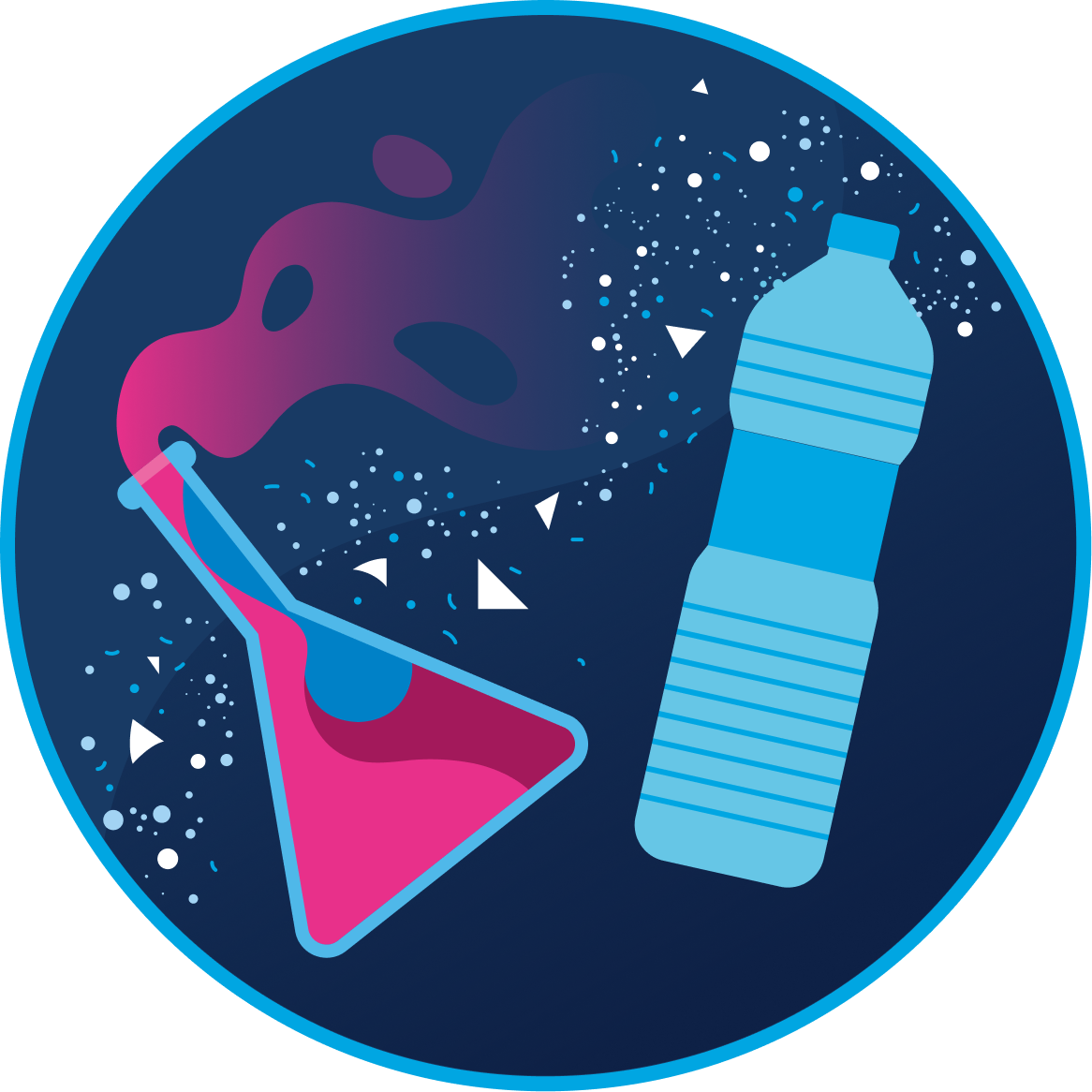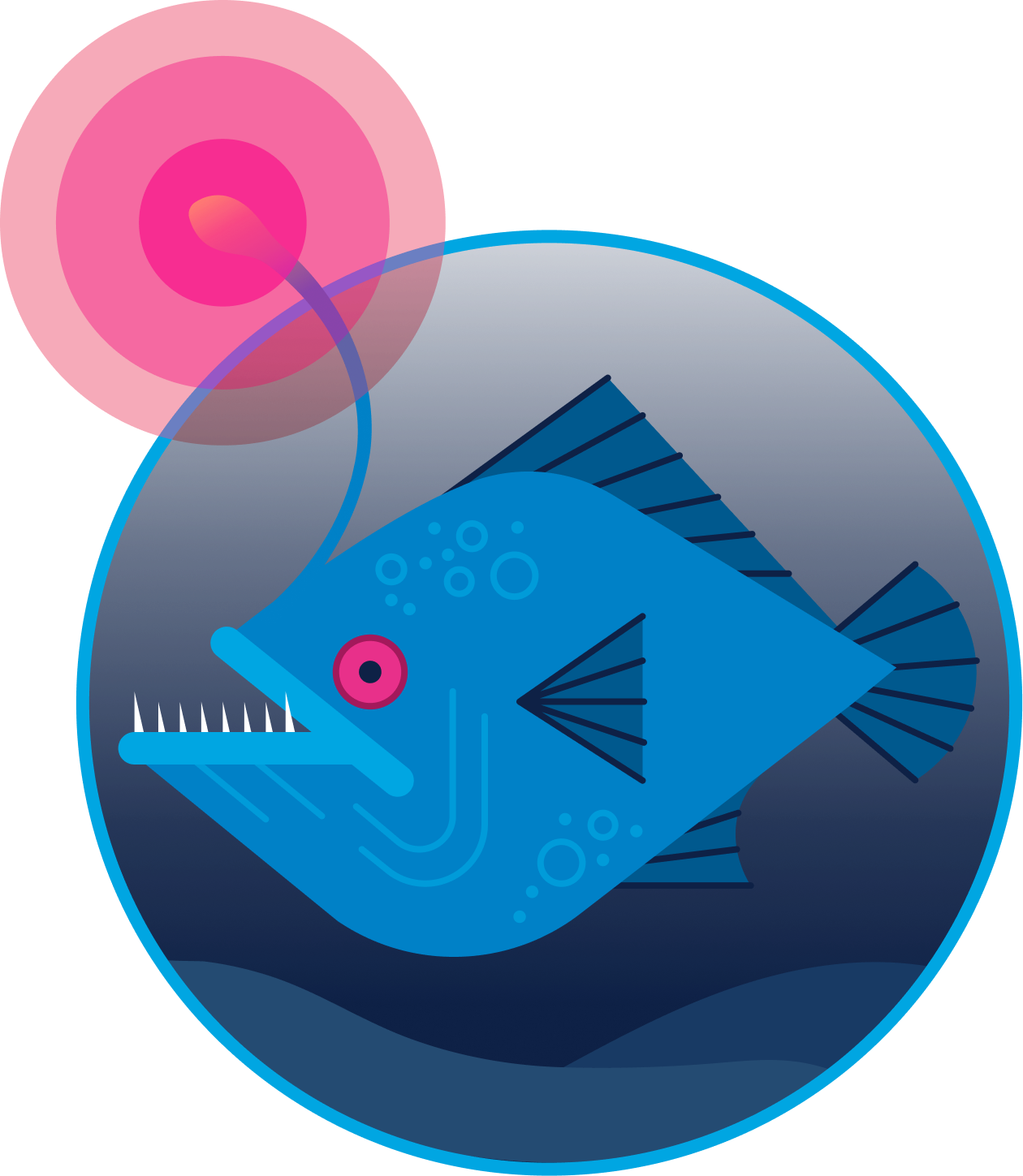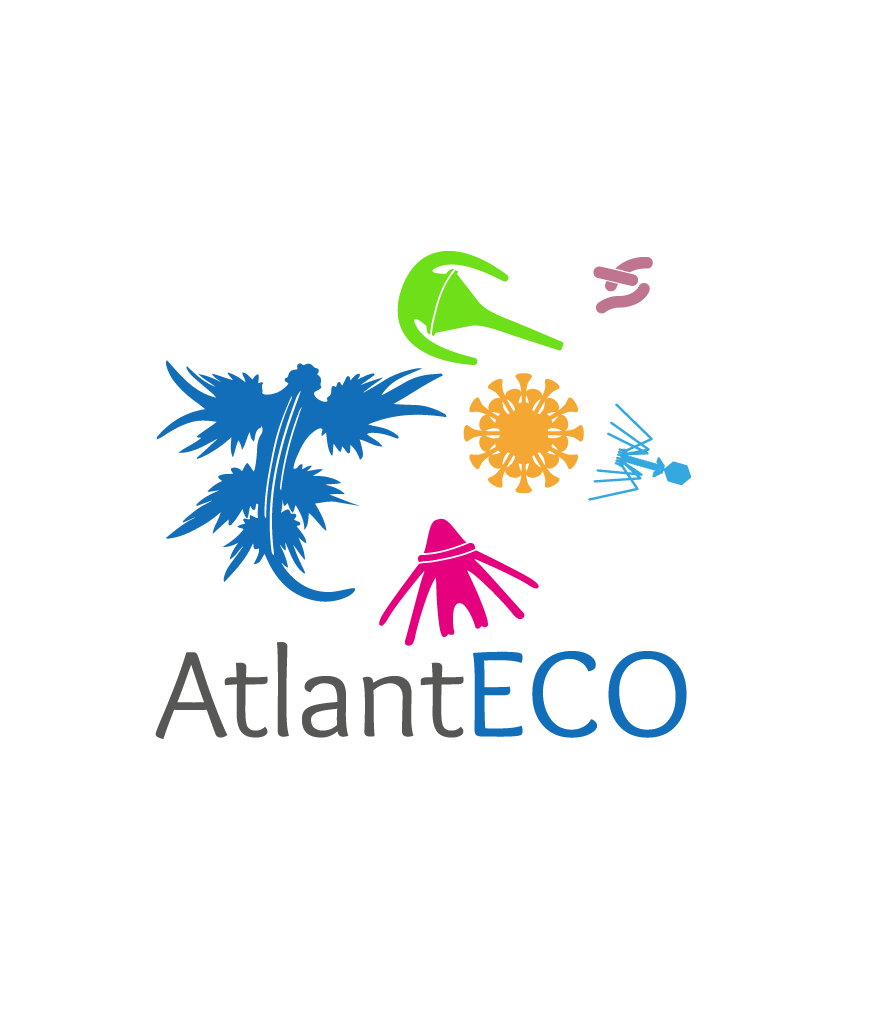The research and innovation project AtlantECO, funded by the European Union, is in its final year. It brought together experts from Europe, South America and Africa, conducting research on the Atlantic Ocean Microbiomes, Microplastics and Seascape connectivity.
The objective of the project is to provide knowledge-based resources for a better understanding and management of the Atlantic Ocean and its ecosystem services. AtlantECO also engaged with citizens and actors from the industry and policy sectors in order to stimulate responsible behaviour and Blue Growth.
The AtlantECO Final Scientific Conference is an opportunity for AtlantECO partners and other European and international research projects (e.g. Mission Atlantic, iAtlantic, SUMMER, NECCTON, eDNAbyss, BioGeoScapes, EXPORTS, APERO, ACE, GO-SHIP) to present & discuss their latest findings and approaches.
